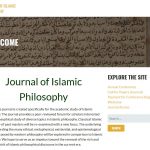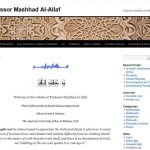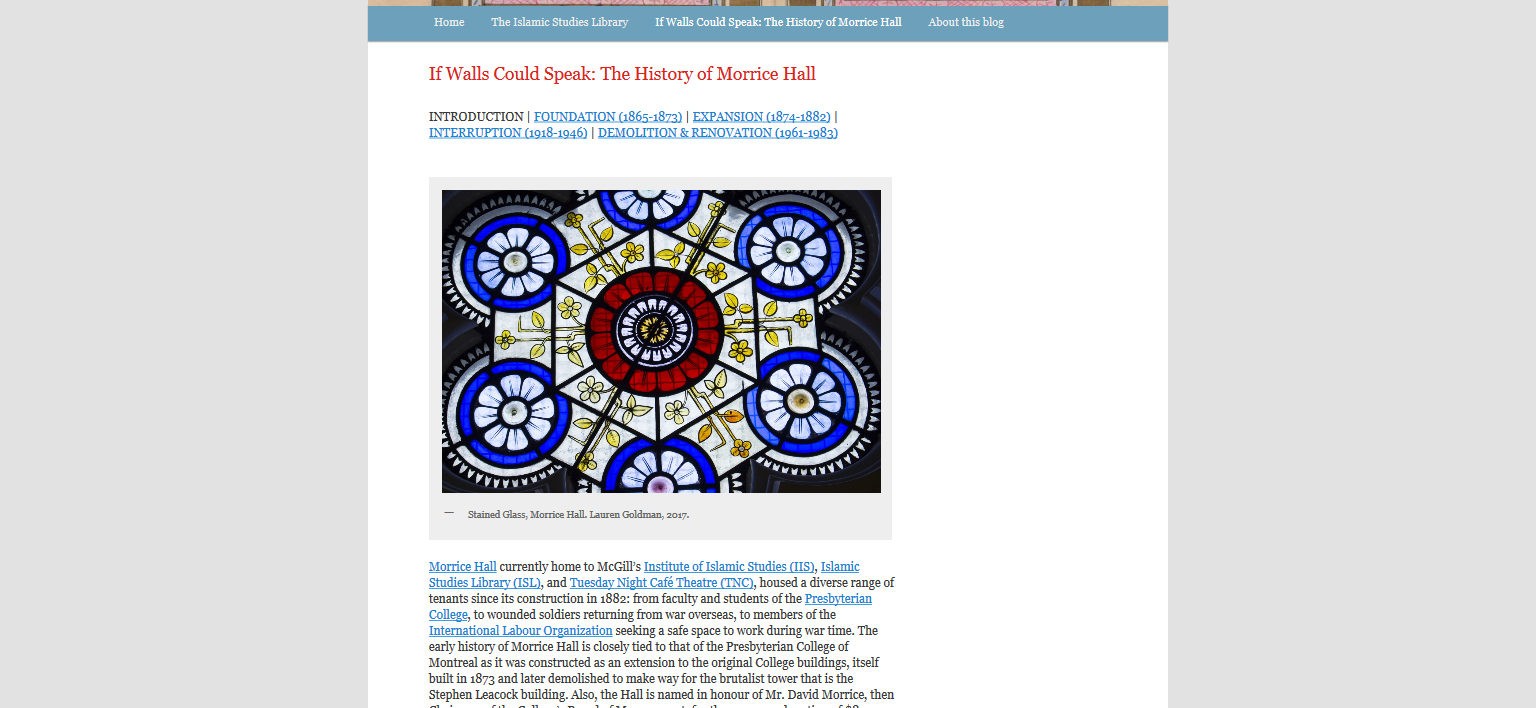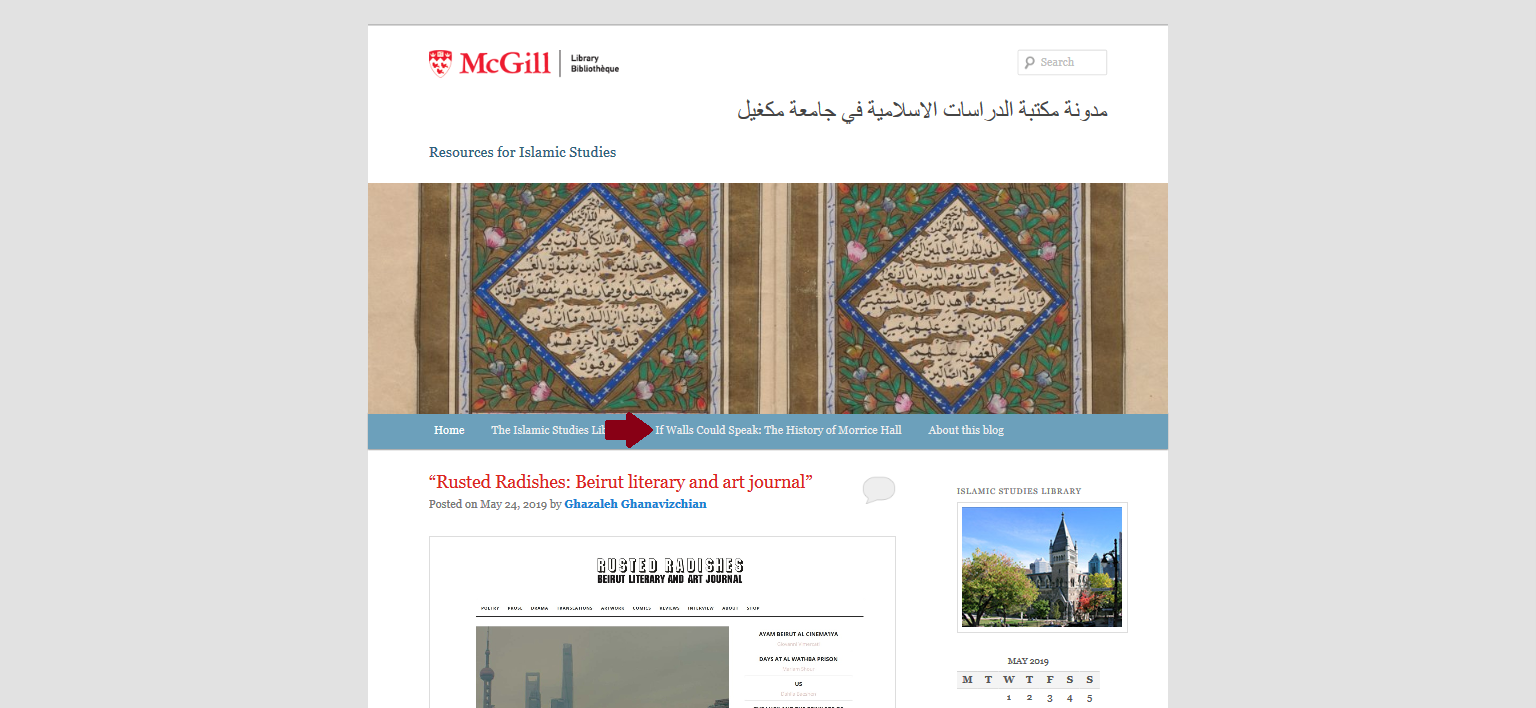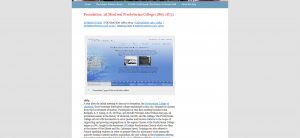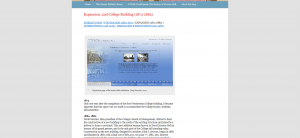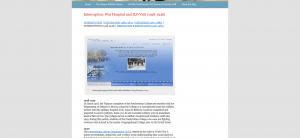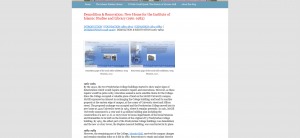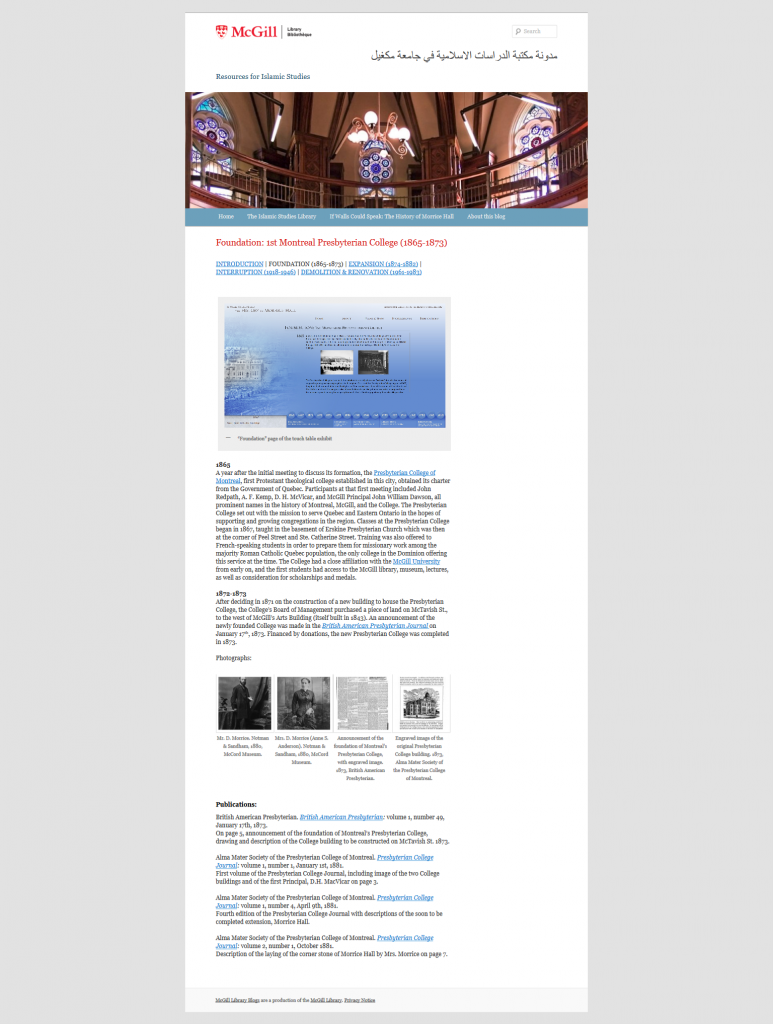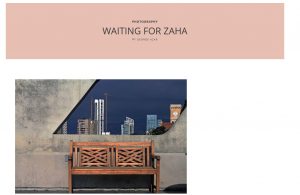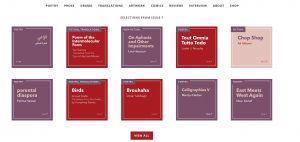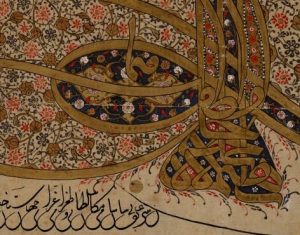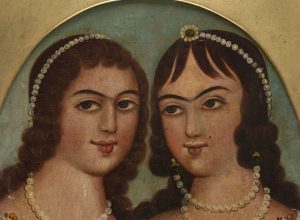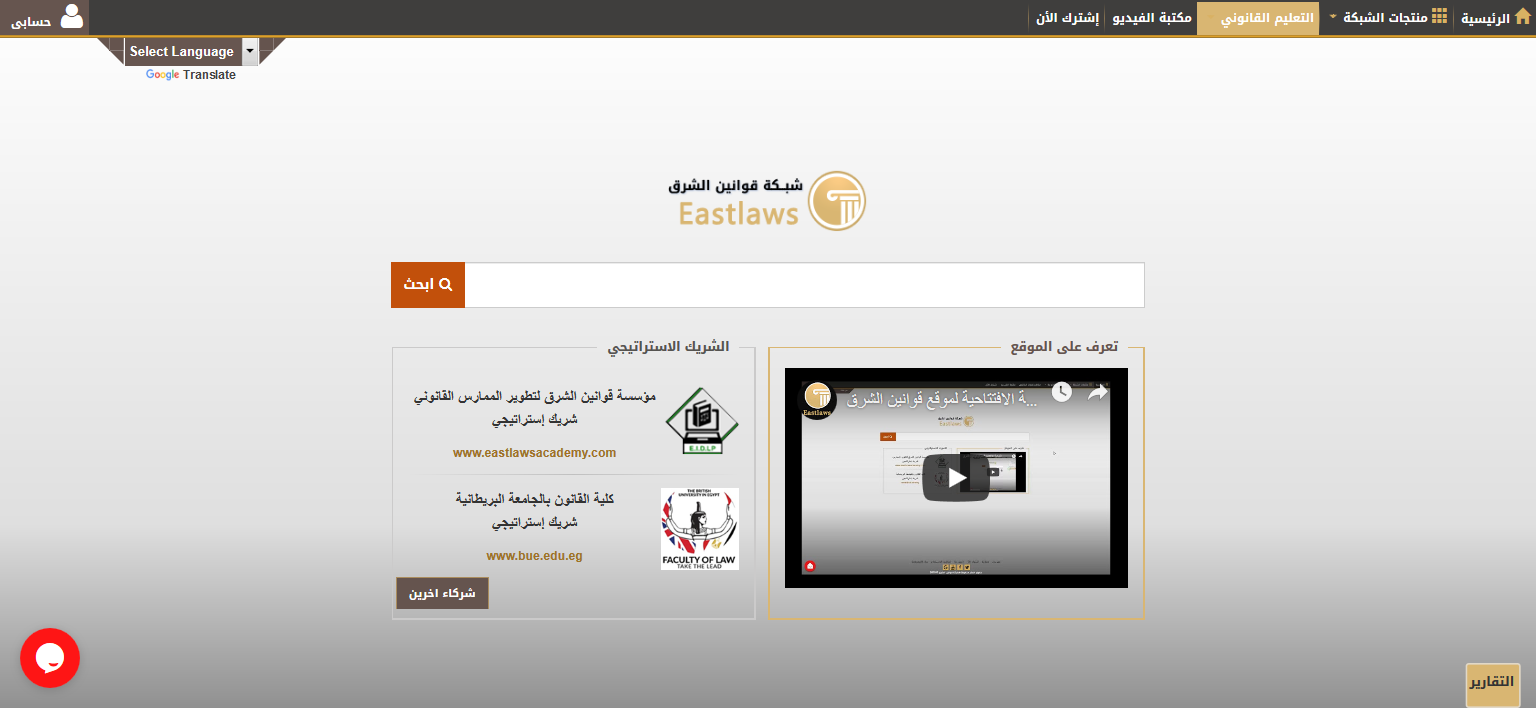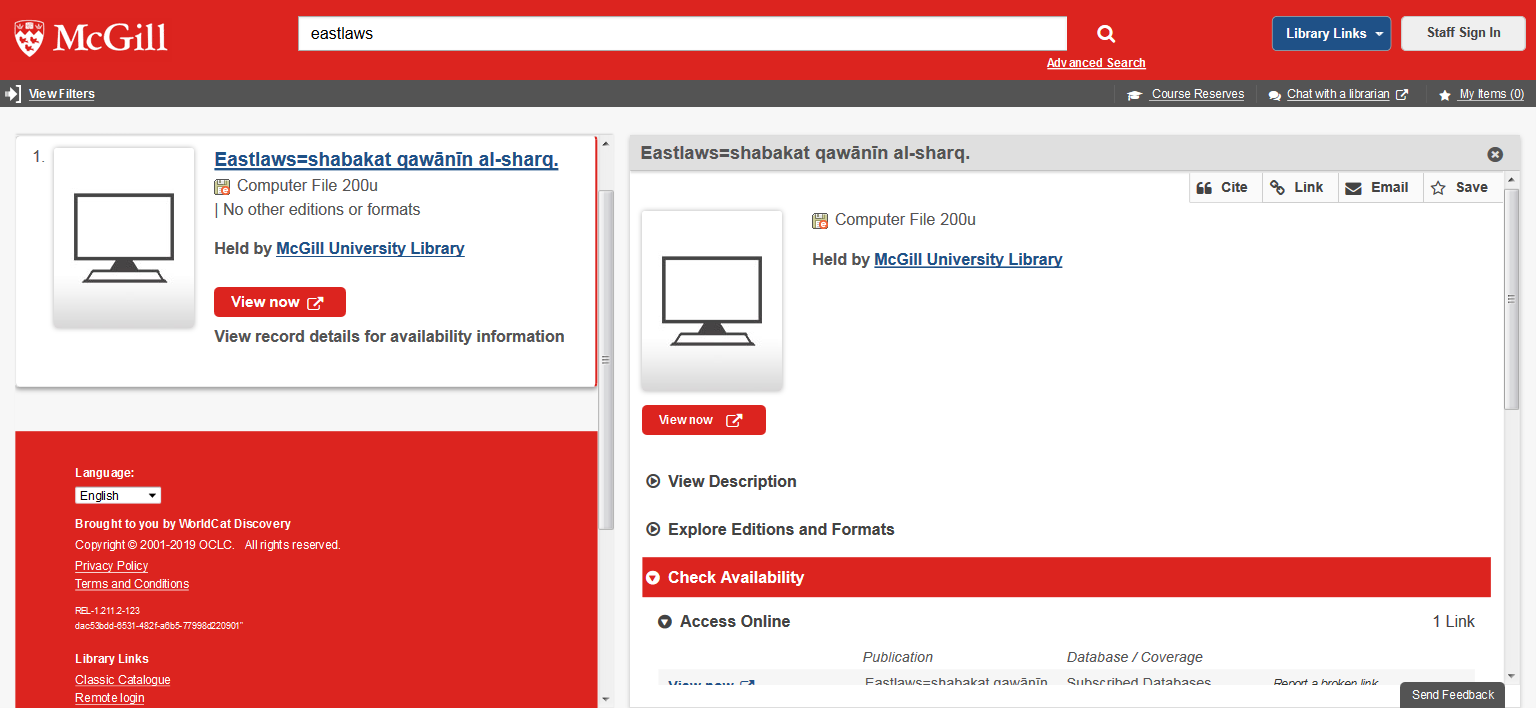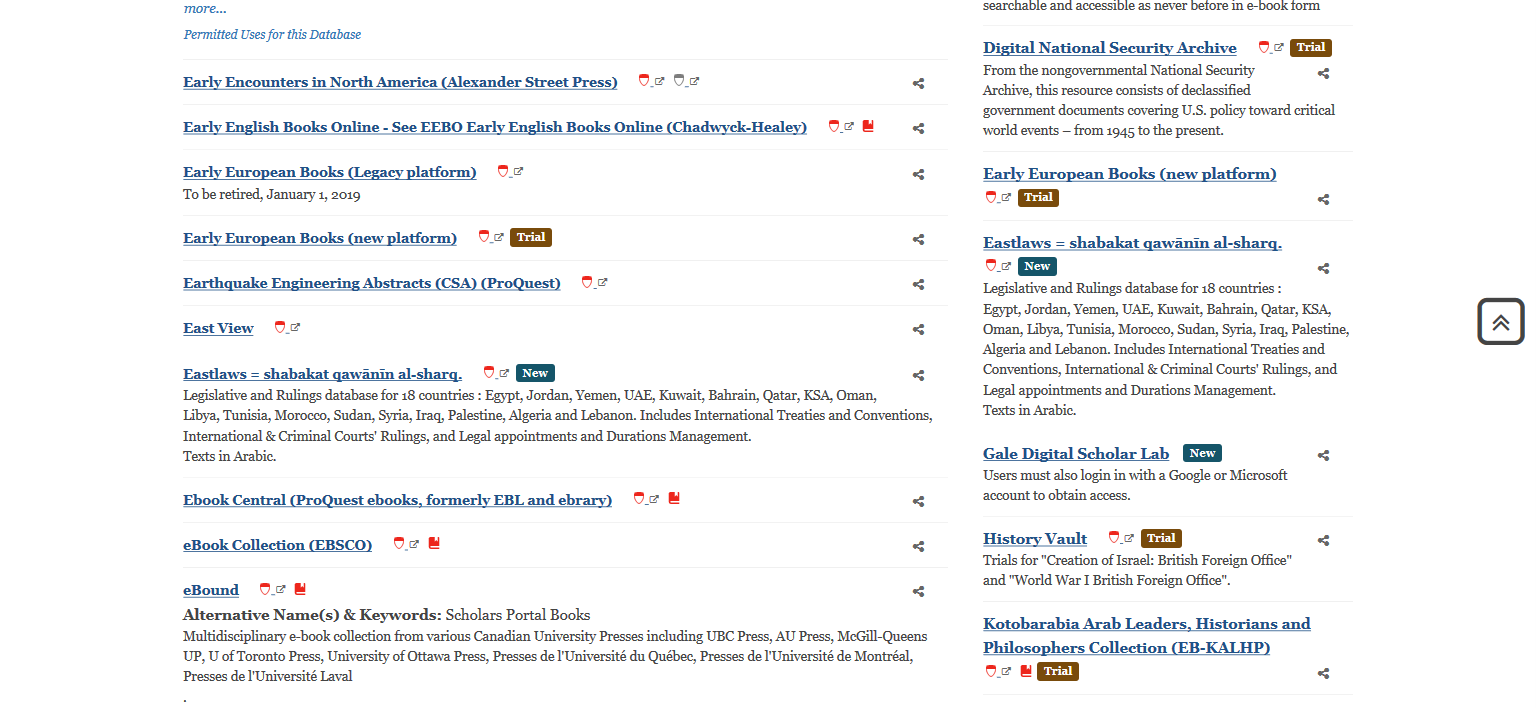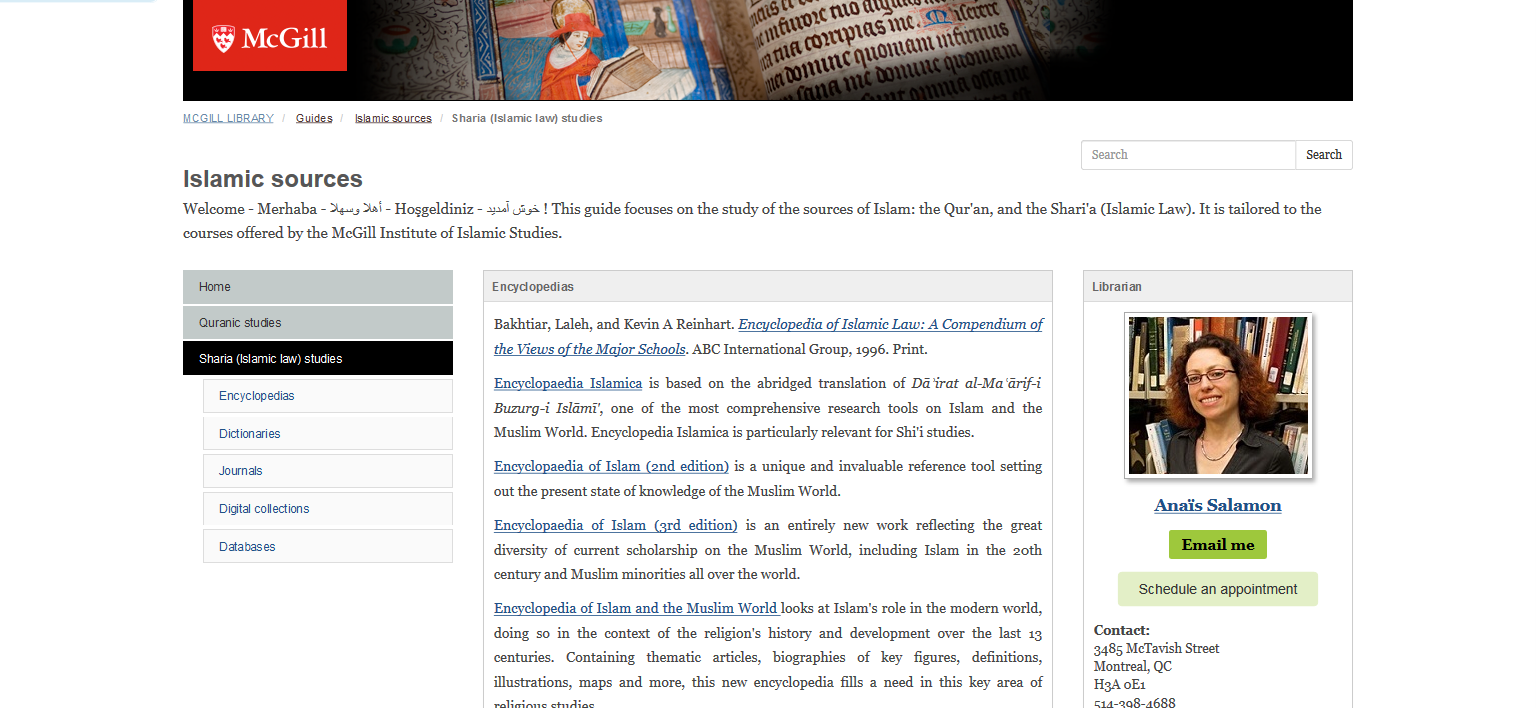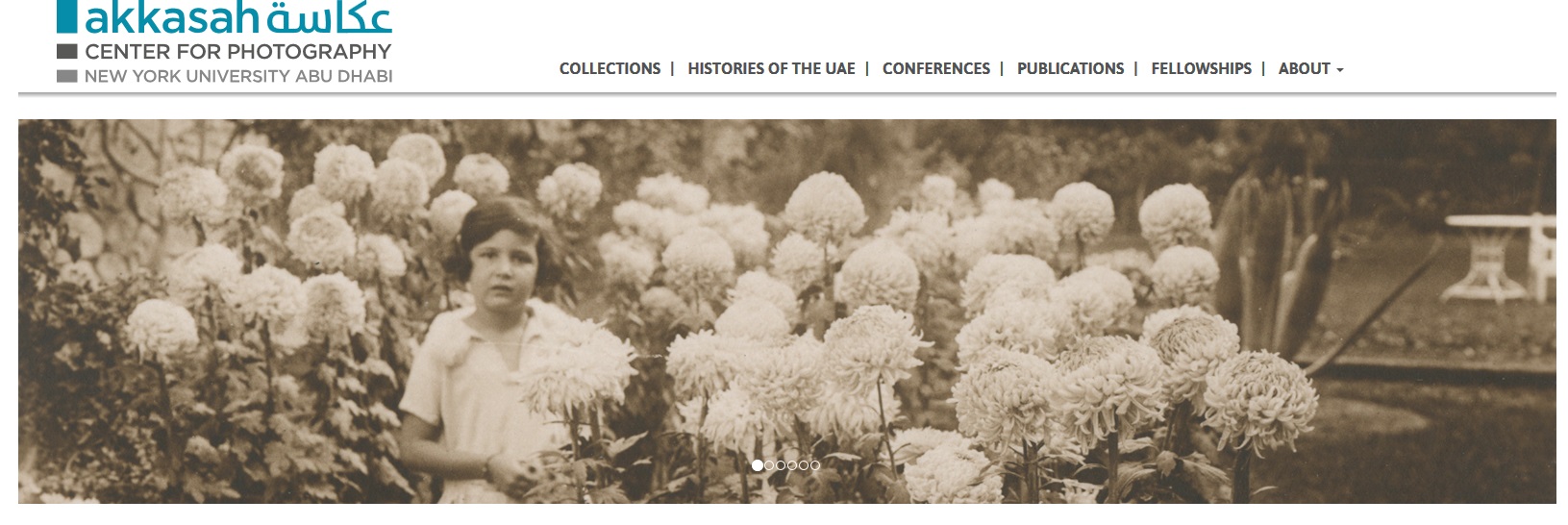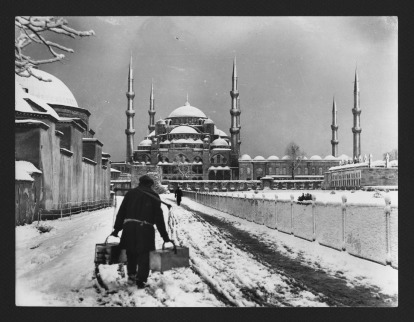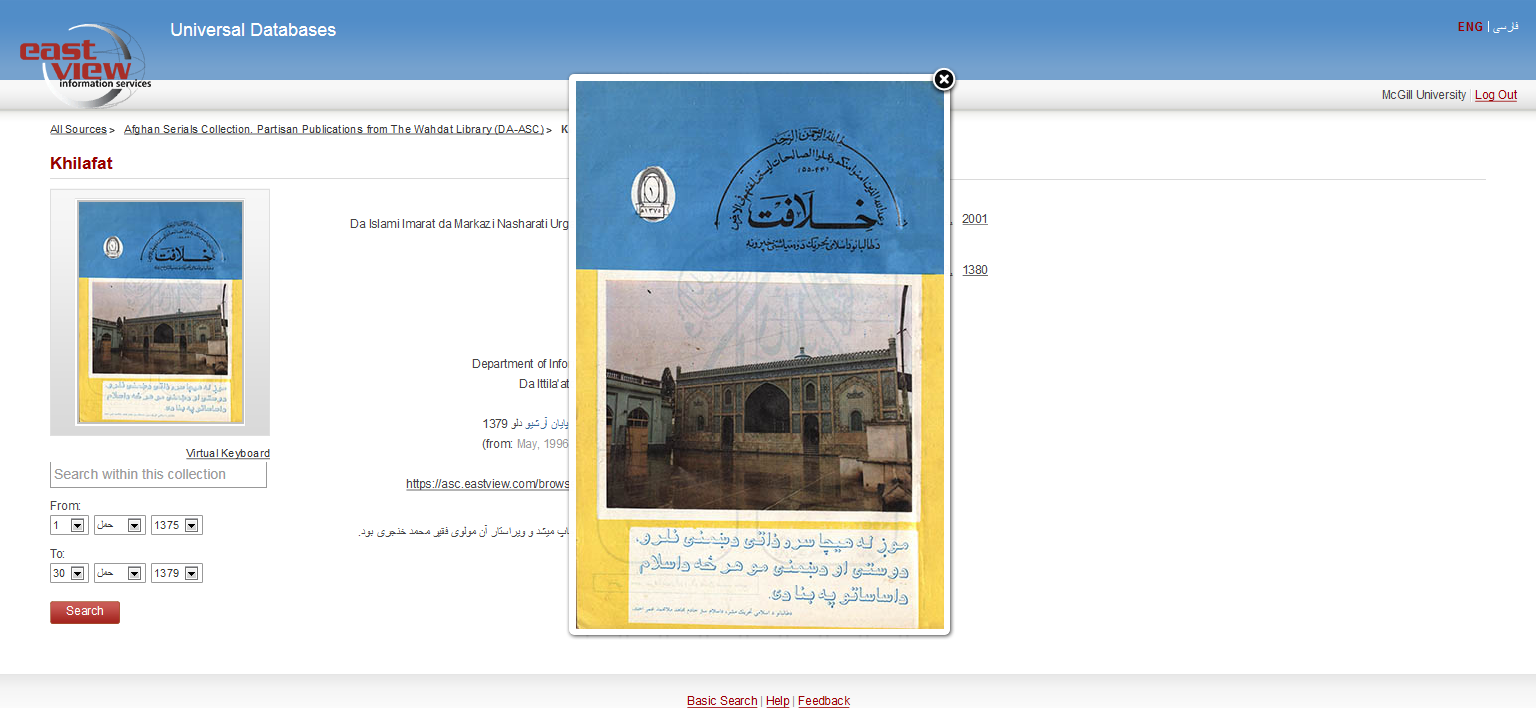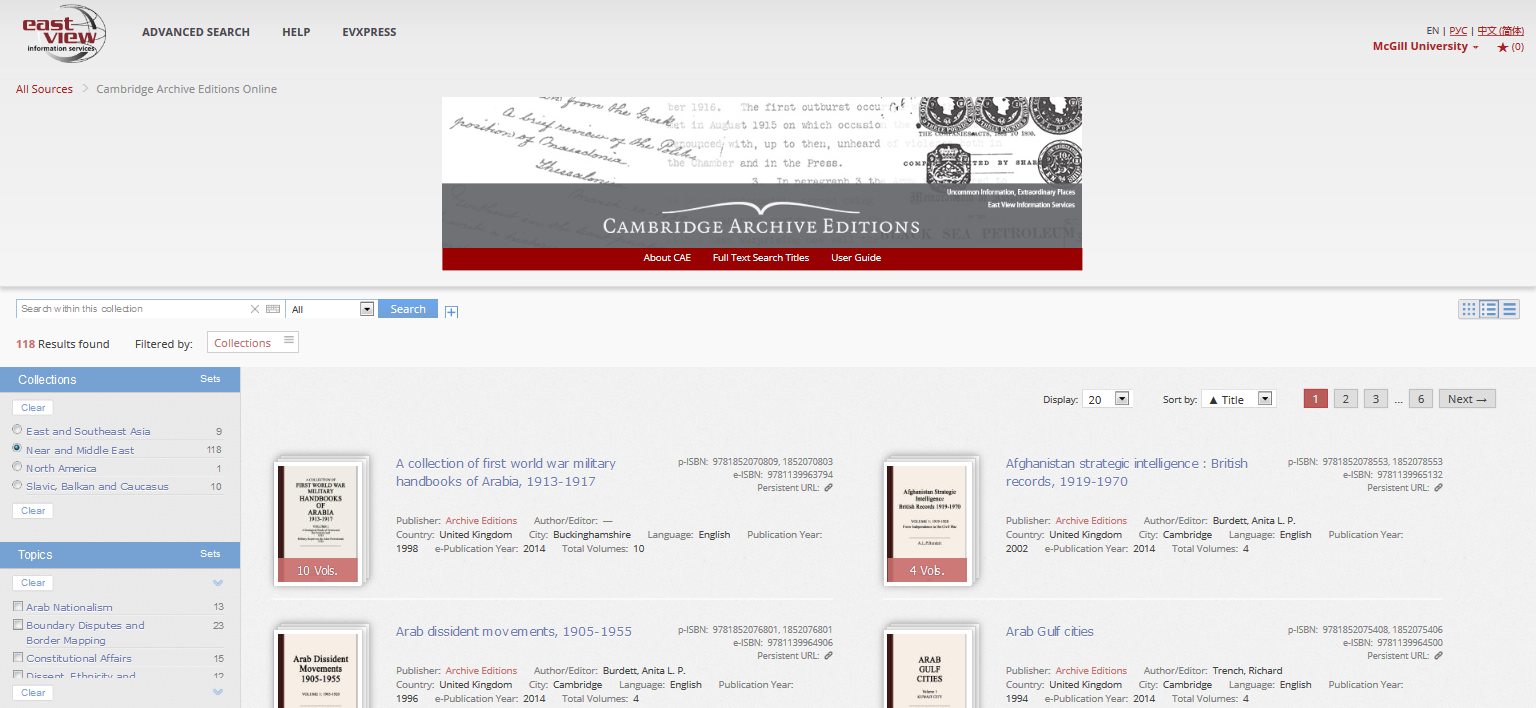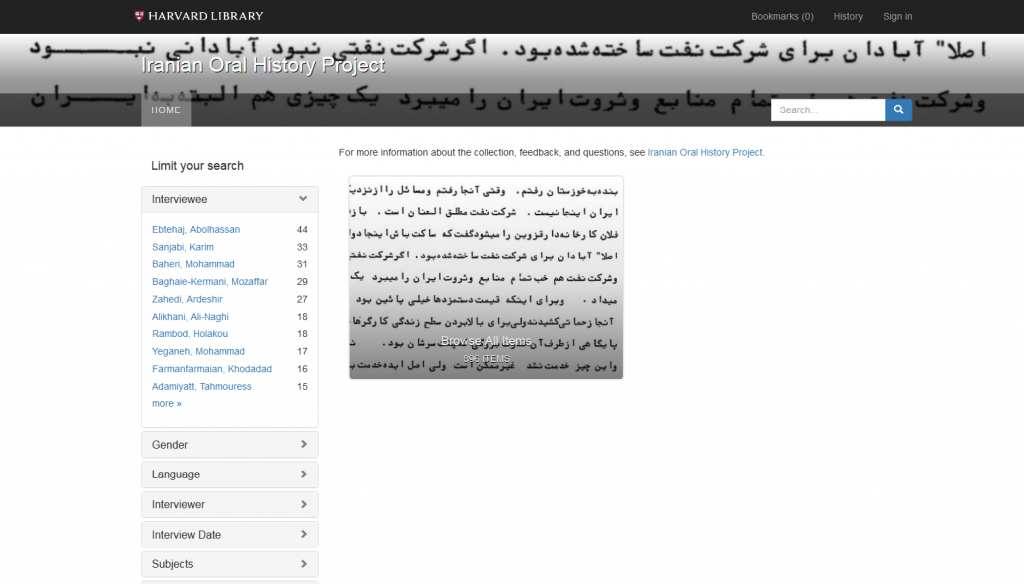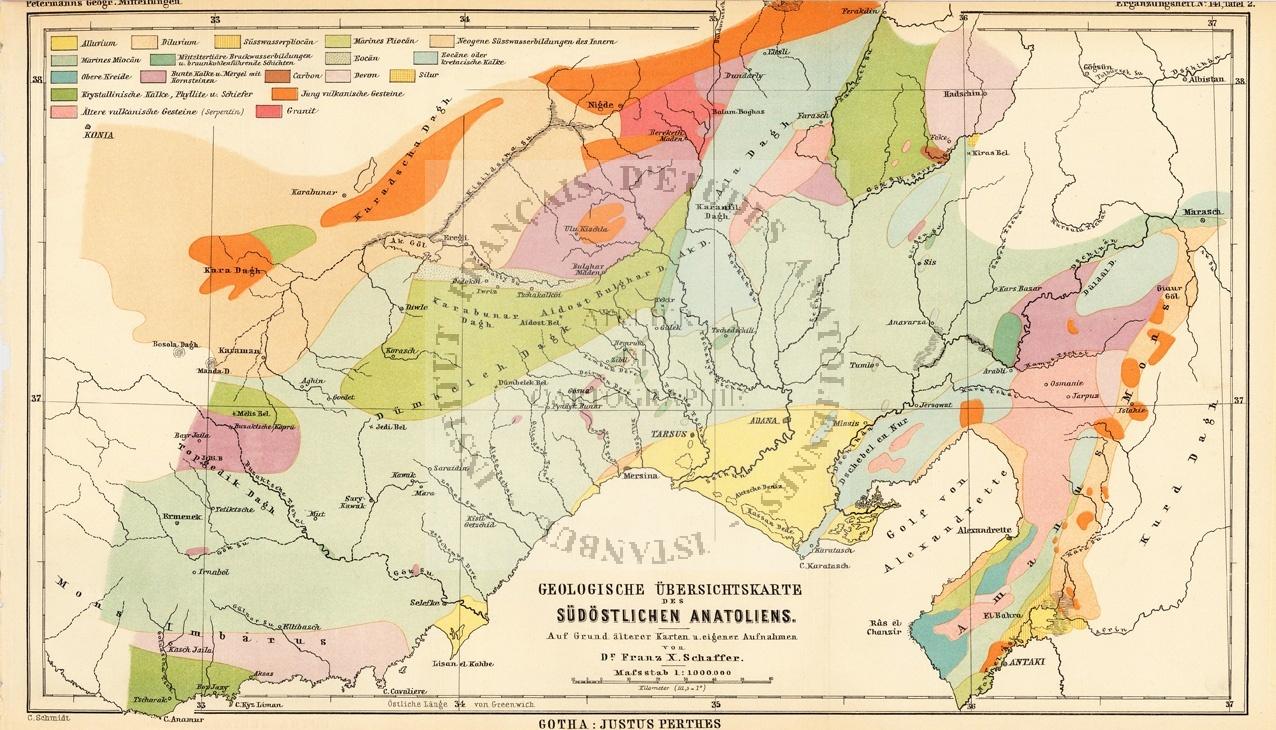Islamic philosophy is an online resource dedicated to the study of Islamic Philosophy from Abbasid period to the present.
The website was started in July 2001 and contains hundreds of full-length books and articles on Islamic philosophy, ranging from the classical texts to modern works of Muslim philosophy. Materials are available in Arabic, English, French, German and Latin.
There are various areas to explore the website
- Articles: available either in PDF format or as a link
- General: philosophy resources in PDF format or as a link
- New publications
- Philosophers: a comprehensive list and resources of philosophers who contributed to Islamic philosophy (In chronological order)
- Utilities: includes citation guide, online encyclopedias with articles on Islamic philosophy, date converter and local time
There is a separate sites for the following philosophers
Al-Ghazali, Ibn Sina, Ibn Rushd, Ibn Taymiyah, al-Kindi, al-Farabi, Muhammad Iqbal.
The site was also a home to the Journal of Islamic Philosophy. This is the first journal born online dedicated to the study of Islamic Philosophy. For more information see the Journal’s page.
The site is also a home to site for Prof. Mashhad al-Allaf.



